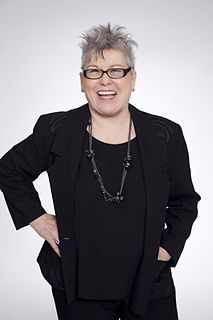A Quote by Leo Tolstoy
They ought to find out how to vaccinate for love, like smallpox.
Related Quotes
Living in the now is freedom from all problems connected with time. You ought to remember that sentence, you ought to memorize it, and ought to take it out, you ought to practice it, you ought to apply it. And most of all, you ought to rejoice in it because you have just heard how not to be wretched, miserable you any more but to be a brand new, and forever brand new man or woman.
During the last considerable epidemic at the turn of the century, I was a member of the Health Committee of London Borough Council, and I learned how the credit of vaccination is kept up statistically by diagnosing all the revaccinated cases (of smallpox) as pustular eczema, varioloid or what not---except smallpox.
I would not go so far as to say that vaccination has never saved a person from smallpox. It is a matter of record that thousands of the victims of this superstitious rite have been saved from smallpox by the immunizing potency of death. But it is a fact that the official statistics of England and Wales show unmistakably that, while vaccination has killed ten times more people than smallpox, there has been a decrease in smallpox concomitant with the decrease in vaccination. . . It might be appropriately asked, in the words of the Vaccination Inquirer
You asked me if I believed in magic, and I said yes, and that's how. You just step out, start pulling your life out of the air. You make friends, you find work you really like doing, you find places. You find diners and Laundromats. You find beaches. You find a junk car and drive it for a month, then lave it beside the road. You find someone to fall in love with you. You make it all up as you go. Or, you know, maybe it makes you up.
I think it’s time to open the books on questions that have remained in the dark on the question of government investigations of UFOs. It’s time to find out what the truth really is that’s out there. We ought to do it because it’s right. We ought to do it because the American people, quite frankly, can handle the truth. And we ought to do it because it’s the law.
It's an individual morality in values that matters in these companies [like Wells Fargo]. I mean, they ought to clean house. And they ought to figure out how to claw back all this money. That is a given. In terms of additional laws, there are reasonable approaches to this, but I'd have to see what they are. I'm not a federal lawmaker.





































